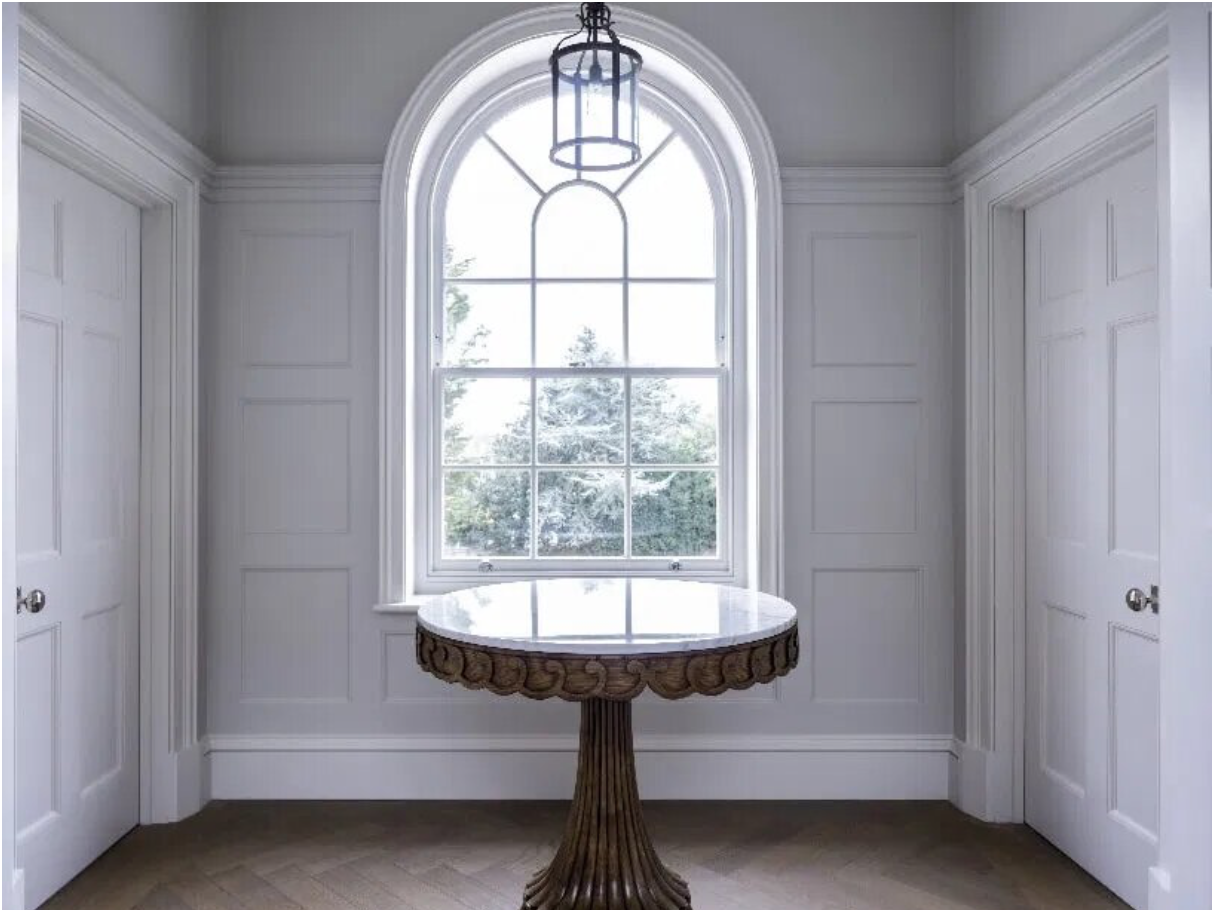Sustainable accountability in hotel interiors:Part II
Self Reflective ‘Overview’ piece by WOOLF
Choices around sustainability and environmental accountability are integral parts of our design process, and now very much at the forefront of wider public discussion, and a key focus for all the talks and supplier presentations at the recent Hotel Designs Summit.
The designers at WOOLF interior are dedicated to delivering hotel interiors that offer a straightforward approach to renewables and carbon accountability. Like many of our colleagues and collaborators, we seek the most effective ways to deliver and measure carbon assessments for our clients’ projects - without compromising the quality or impinging upon the cost.
At WOOLF we strive to create sustainable hotel interiors with original personalities. Our spaces are both visually appealing and are designed to promote a responsible hospitality industry. Explore our hospitality projects
From the outset of any interior project our considerations include:
1. Sustainable Material Selection: We focus on sourcing sustainable materials for our projects by prioritising materials with low environmental impact, such as FSC-certified wood, recycled materials, and eco-friendly textiles. We also often choose non-toxic and low VOC (volatile organic compounds) products to maintain indoor air quality.
2. Energy-Efficient Lighting: We also utilize energy-efficient lighting solutions, such as LED bulbs, to reduce energy consumption. They may incorporate smart lighting controls and sensors to optimize energy usage and minimize wastage.
Oceanic House - hotel development - WOOLF Interior
Oceanic House - hotel development - WOOLF Interior
3. Efficient HVAC Systems: Our design team look at designing hotel interiors with efficient heating, ventilation, and air conditioning (HVAC) systems. In tandem with our M&E consultants, we are considering factors like proper insulation, smart thermostats, and zone control to optimize energy usage and ensure guest comfort.
4. Water Conservation: We will specify water-saving measures within hotel interiors by selecting low-flow fixtures, installing water-efficient appliances, and promote local water reuse systems where feasible. In addition, a hotel operator will be encouraging guests to participate in water conservation efforts through signage and information as standard.
Oceanic House - hotel development - WOOLF Interior
Oceanic House - hotel development - WOOLF Interior
5. Waste Management: We try to emphasize waste management practices by incorporating recycling bins throughout the hotel interior. The use of Eco-friendly cleaning products, and encouragement of staff and guests to reduce waste generation through proper recycling and composting areas, does go some way. It’s not sexy but waste devices can be made to look fun and integrated. Explore our hospitality projects
6. Sustainable Furniture and Finishes: Was a design practice we chooses sustainable furniture options that are durable and environmentally friendly. We often opt for pieces made from recycled or up-cycled materials and prioritize suppliers who adhere to sustainable production practices. We also have a vast library of sustainable finishes and coatings for walls and surfaces.
Oceanic House - hotel development - WOOLF Interior
Oceanic House - hotel development - WOOLF Interior
7. Local and Artisanal Sourcing: Woolf Interior supports local and artisanal suppliers whenever possible. By sourcing materials and products locally, we reduce transportation-related carbon emissions. Our hotel designs have a great sense of place, and contribute to the local economy by drawing on our local surroundings and cultural contexts.
8. Environmental Education: Our design practice is constantly learning and reviewing how to improve our understanding of our green credentials, to identify areas for further enhancement and implement ongoing sustainability initiatives and we try where possible to find features that guests and staff can participate in thought a hotel interior, however subtle.
Oceanic House - hotel development - WOOLF Interior
Oceanic House - hotel development - WOOLF Interior











